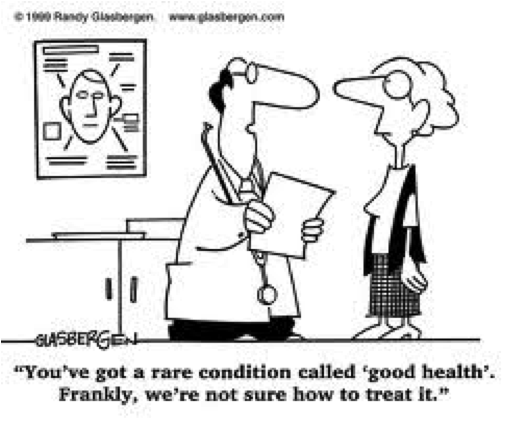Root Cause Analysis is not about Root Causes


I must be crazy, I teach TapRooT® Root Cause Analysis and say it’s not about the root causes? Yes, it is true. Root Cause Analysis is really about fixing, prevention and improved ability to recover from a problem.
Yes, an objective root cause process is a must, for hints read the 7 Secrets of Root Cause Analysis. However the reason behind the need for and the end intent of the root cause analysis is just as important. Lets start with a new idea for many doing root cause analyses today, “improved ability to recover from a problem.”

Sometimes the first action to correct a problem on the spot was like pouring water on an oil fire. Didn’t cause the fire but sure did not help the situation, and in some cases it really made the problem. Many problem solvers just look for the root causes that caused a problem and not what also made it worse.
Here are just a few examples of actions or lack of actions that made the initial problem grow larger in extent if not worse at the end of the day:
- Flint River Lead Exposure Delayed Response
- Firestone Tire Delayed Recall
- 1947 Explosion Caused by Incorrect Response to Initial Fire
- A case closer to this article writer’s life when the wrong medicine was given for heart failure of loved one: Root Cause Analysis Tip: Patient’s heart stopped twice in the Emergency Room… what was missed?
So why do I say “improved ability to recover from a problem” is a new concept for many doing root cause analyses today? Simple, many start and stay with “why did the problem occur.” Read more on how to improve the use of the more simple “why” tools if you have to use them: A Look at 3 Popular Quick Idea Based Root Cause Analysis Techniques: 5-Whys, Fishbone Diagrams and Brainstorming.

The easiest way to improve the ability to respond to a problem is to map out a timeline for actions that occurred before the problem occurred, and the immediate responses to control or correct the problem. If the response made things worse, then perform a root cause analysis on that problem as well.

The last topic is prevention. The intent of a root cause analysis is not just to find the one “rootiest cause” or even a multitude of root causes. The intent is to find the problems and root causes that caused the problem and the problems that failed to catch/stop the problem AND THEN Eliminate or Mitigate those root causes so that future problems can be prevented or at the minimum, have the probability of the problems occurrence reduced.



